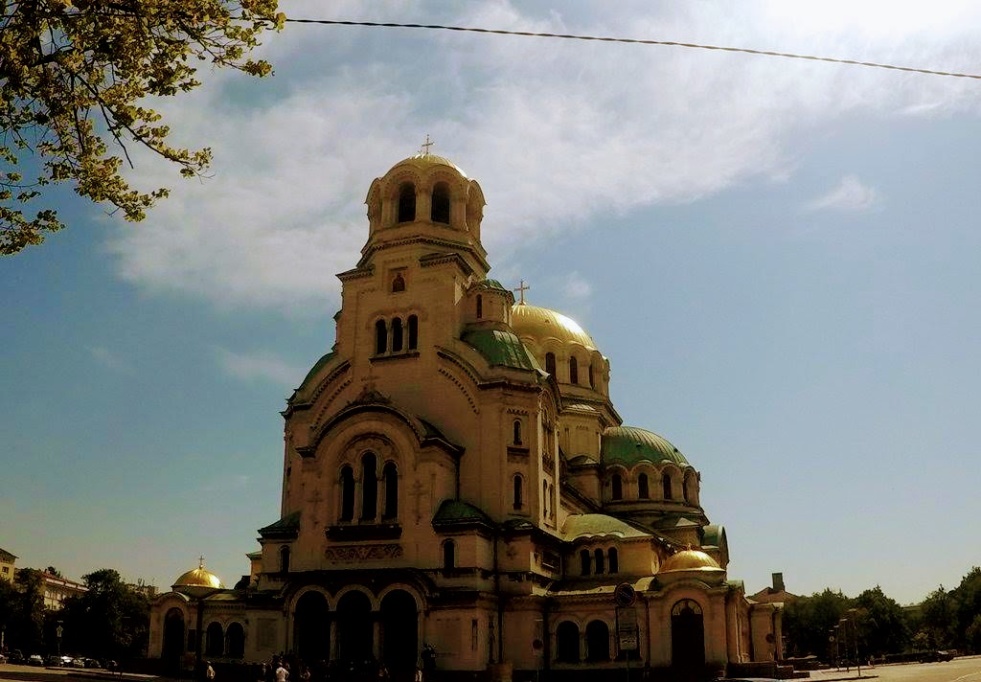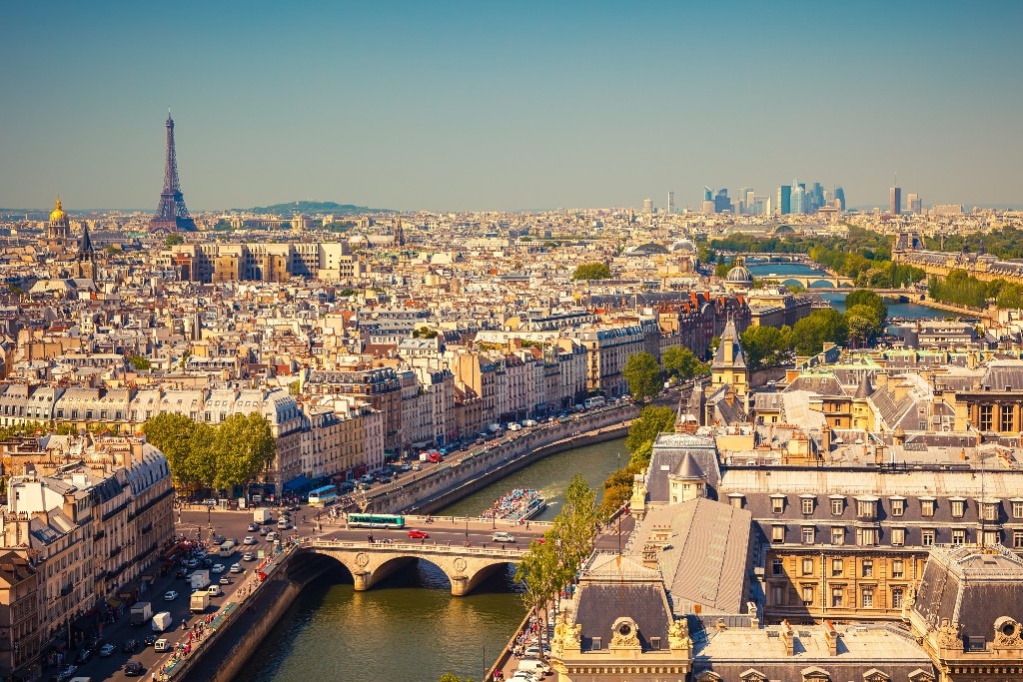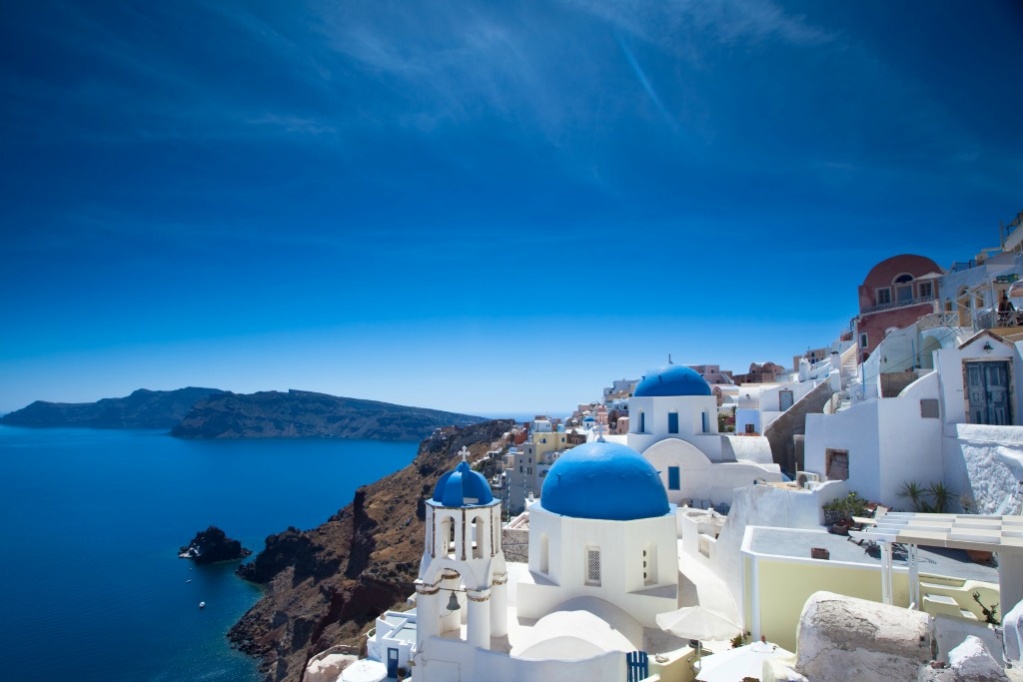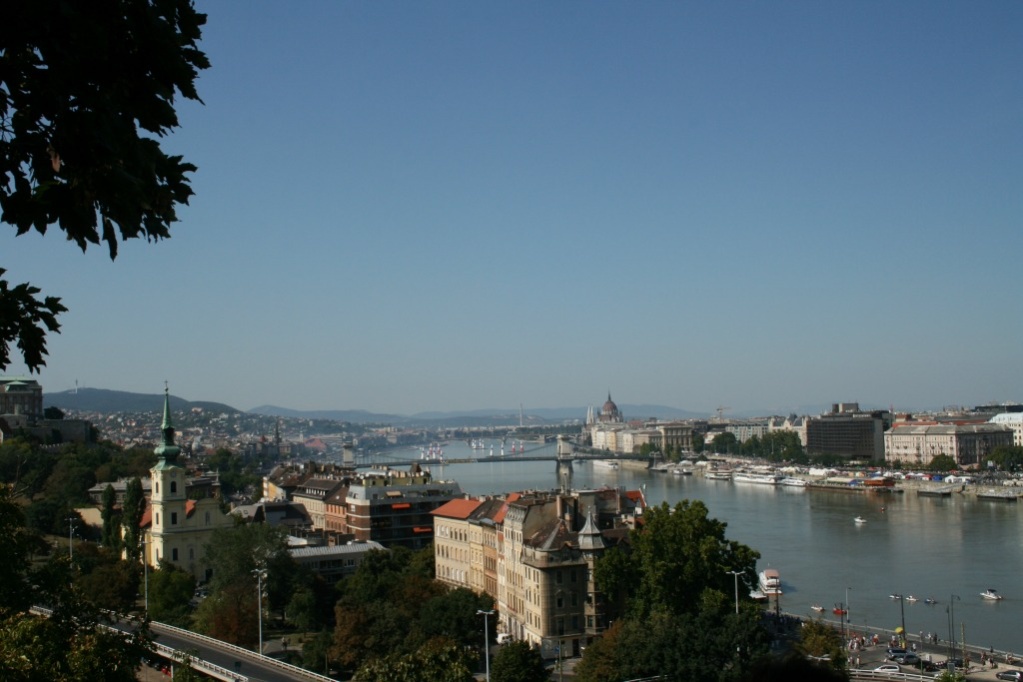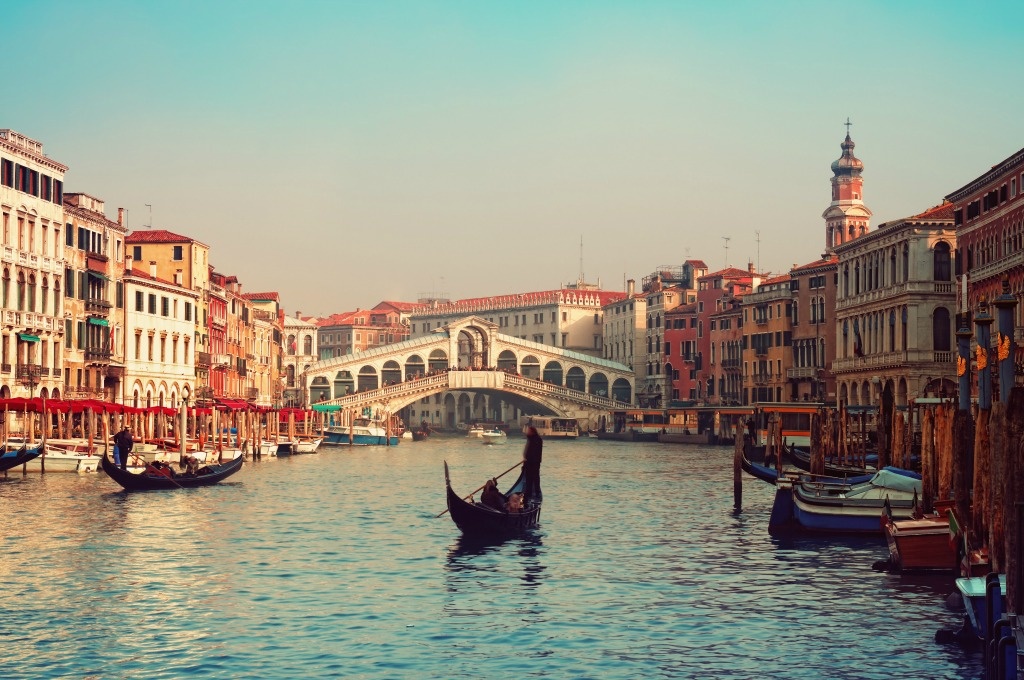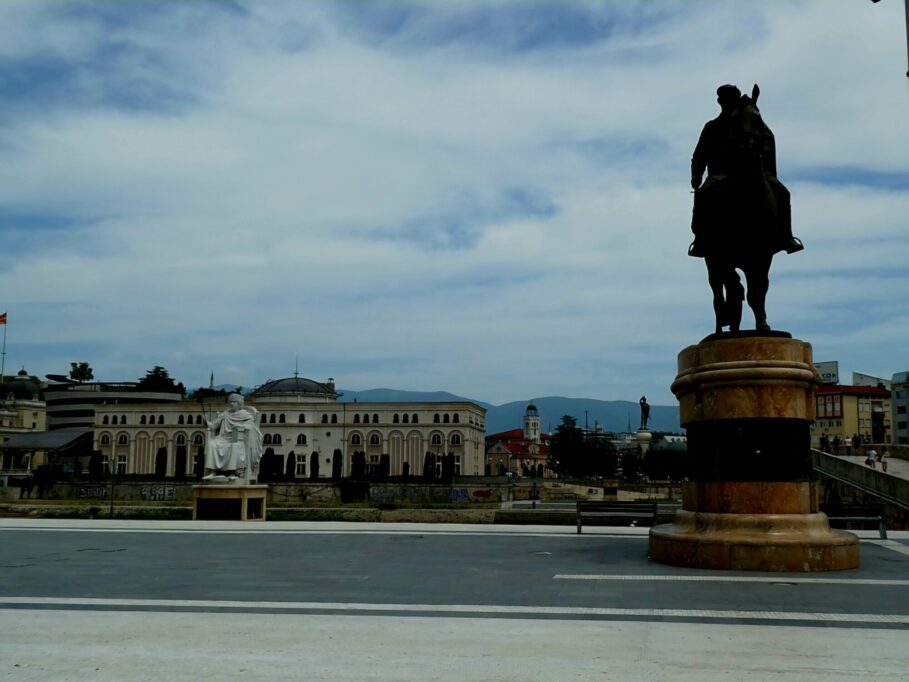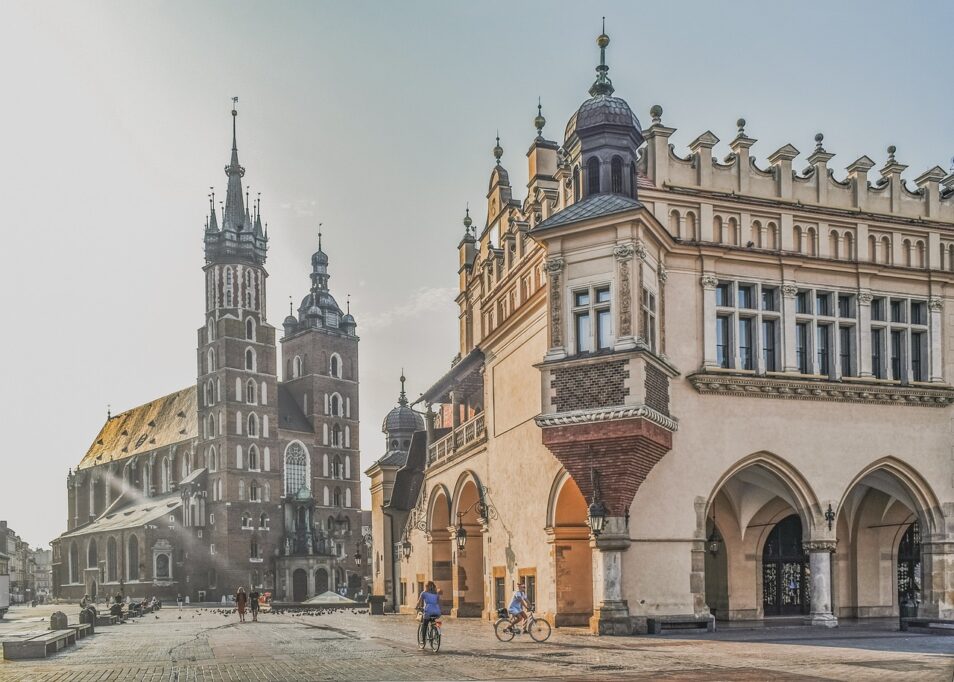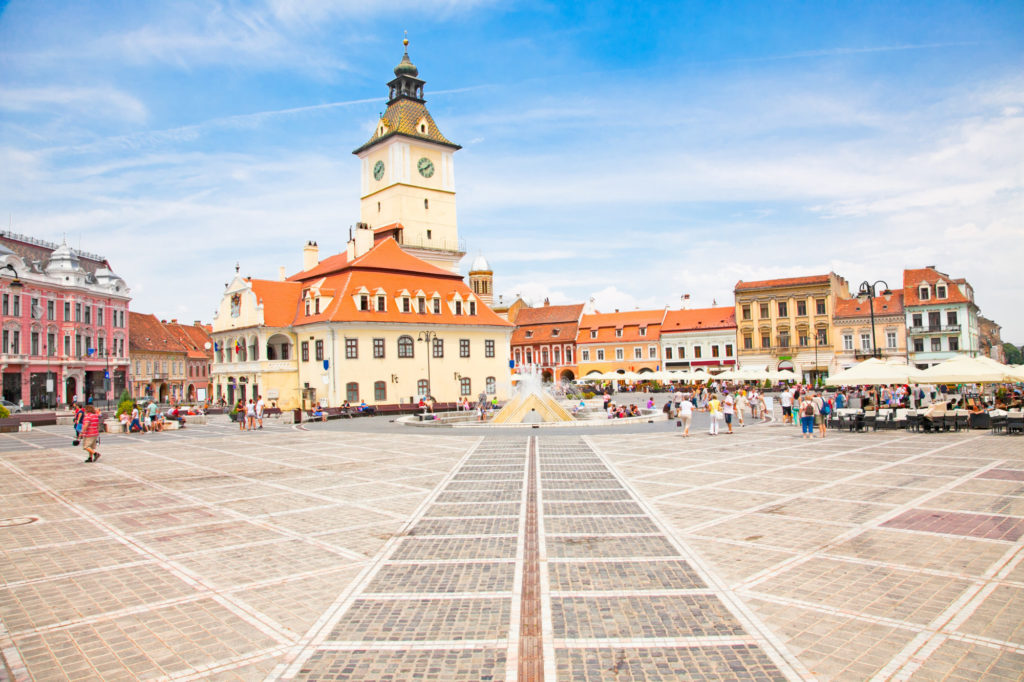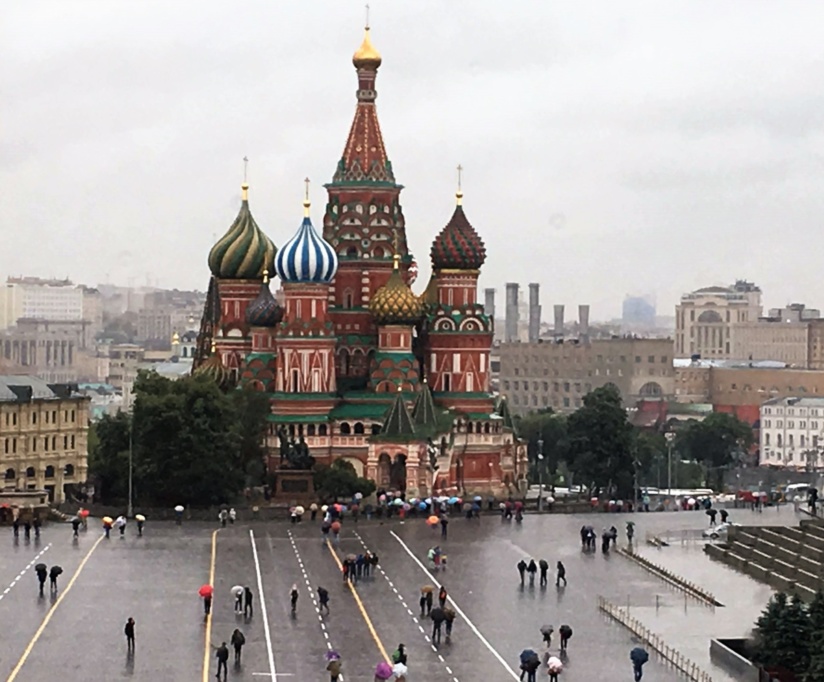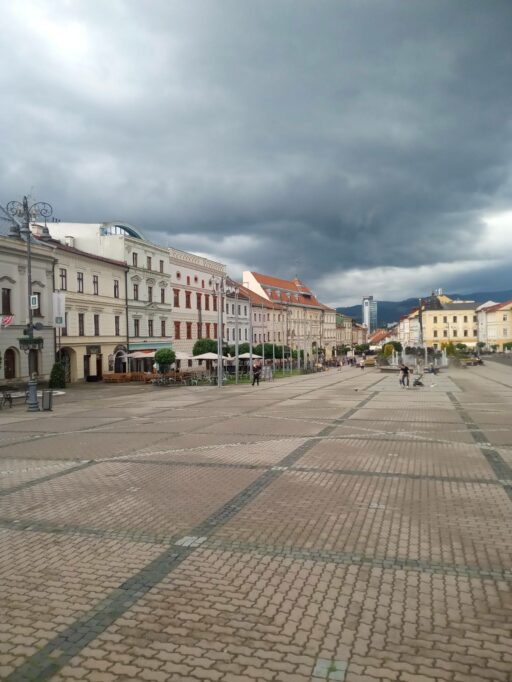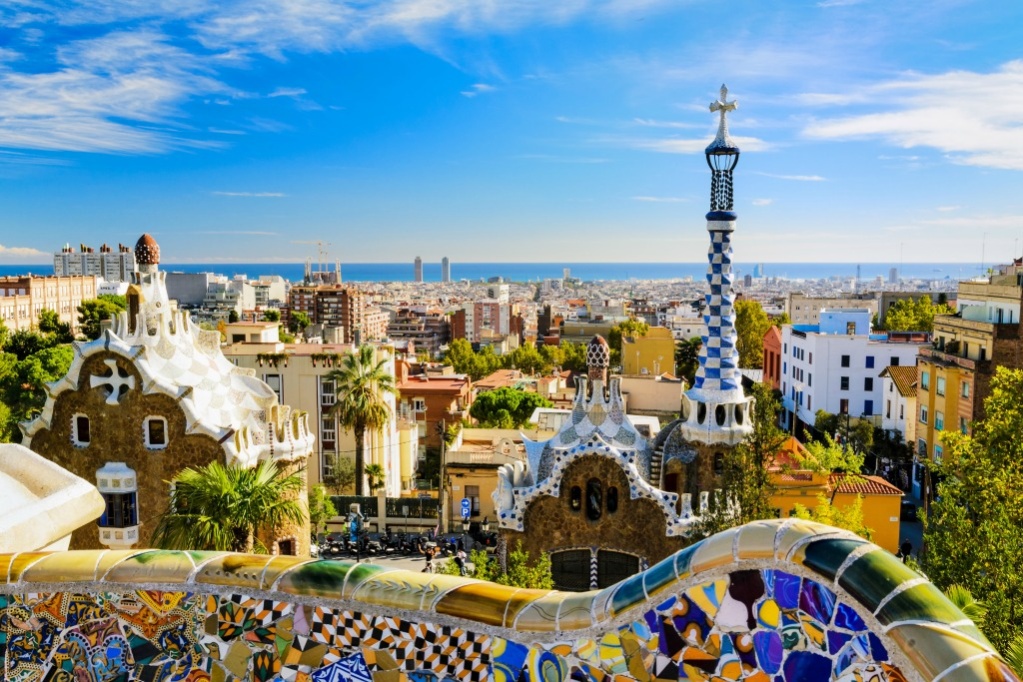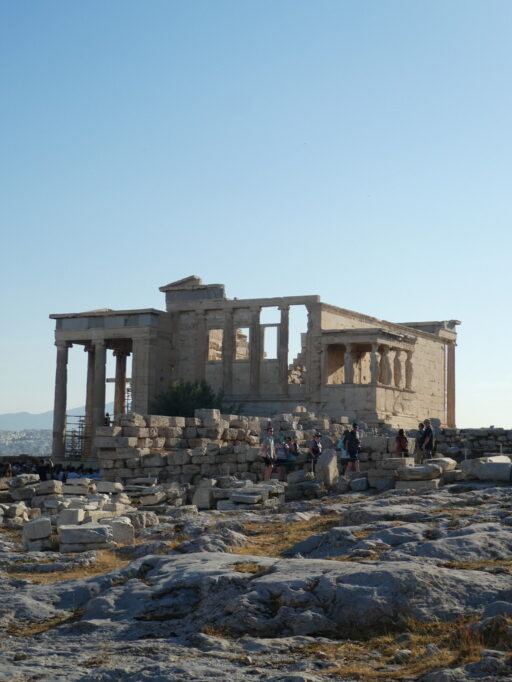EUROPE
TRAVEL GUIDE
Embark on an Unforgettable Journey Across Europe with Our Expertly Crafted Travel Guide: Delve into the Rich Tapestry of Historical Treasures, Diverse Cultures, and Breathtaking Landscapes. Whether You Seek Ancient Wonders or Modern Marvels, Let Us Be Your Companion in Discovering the Best of Europe’s Enchanting Charms and Timeless Beauty.
Search Destinations Here
Choose Your Europe Destination
Europe Snapshot: The Ultimate Europe Travel Guide
Traveling to Europe: Europe Travel Guide
Europe Travel Guide: Europe offers a tapestry of history, culture, and landscapes that make it a premier destination for travelers from around the globe. With 44 countries ranging from the Arctic Circle to the coastlines of the Mediterranean, Europe offers diverse experiences that can cater to any traveler’s desire. Iconic landmarks like the Eiffel Tower in Paris, the Colosseum in Rome, and the Acropolis in Athens draw millions of visitors each year. Each country boasts its unique charm, from the scenic fjords of Norway to the sunny beaches of Spain and the lush greenery of the British Isles. The continent’s well-developed transport network, including extensive train lines and budget-friendly airlines, makes traveling between countries both easy and affordable.
How to Plan a Trip to Europe
Planning a trip to Europe involves careful consideration to make the most of your visit. Start by determining the type of experience you’re looking for—be it a cultural deep-dive, an adventure trip, or a relaxing beach vacation. Decide on the number of countries you can realistically visit based on your time and budget constraints. Booking flights and accommodations early can help secure better rates. Consider purchasing a rail pass if planning to travel extensively by train. When packing, be mindful of the diverse climates across the continent. Additionally, familiarize yourself with the visa requirements; many countries are part of the Schengen Agreement, which allows for borderless travel but has specific entry stipulations. Lastly, don’t underestimate the value of a well-planned itinerary that leaves room for spontaneous exploration.
Culture and Religion
Europe is a crucible of cultural identities and religious traditions, each influencing the continent in profound ways. The Renaissance, which began in Italy, spread throughout Europe and brought a surge in art, literature, and philosophical thought that still resonates today. Music and dance vary significantly from country to country, from the flamenco of Spain to the classical compositions of Austria and Germany.
Christianity is the dominant religion, with deep roots that have shaped Western culture in many ways. The architectural landscape is dotted with cathedrals, churches, and chapels, each with its own history. However, Europe’s religious tapestry is diverse, including significant populations of Muslims, Jews, Buddhists, and secular communities. This diversity has also led to a rich variety of public holidays and festivals, from Spain’s Semana Santa to Germany’s Oktoberfest, which provide fascinating insights into local customs and traditions.
Safety and Dangers
Europe is generally considered a safe destination for tourists. However, as in any major tourist region, there are safety concerns to consider. Petty theft, such as pickpocketing and bag snatching, is prevalent in tourist areas and on public transportation. Tourists should be vigilant in cities known for scams targeting tourists, like Paris and Rome.
While violent crime is relatively rare, visitors should stay informed about the current political climate as protests and strikes can disrupt travel. It’s also advisable to be aware of regional conflicts and tensions.
Natural dangers vary by region; the Alpine regions can pose risks of avalanches in winter and hiking accidents in the summer, while the Mediterranean areas have occasional earthquakes and volcanic activity. Always check local travel advisories and weather conditions. In terms of health, the European Health Insurance Card (EHIC) provides EU residents access to state-provided healthcare at a reduced cost or sometimes free. Visitors from outside the EU should ensure they have adequate travel insurance.


